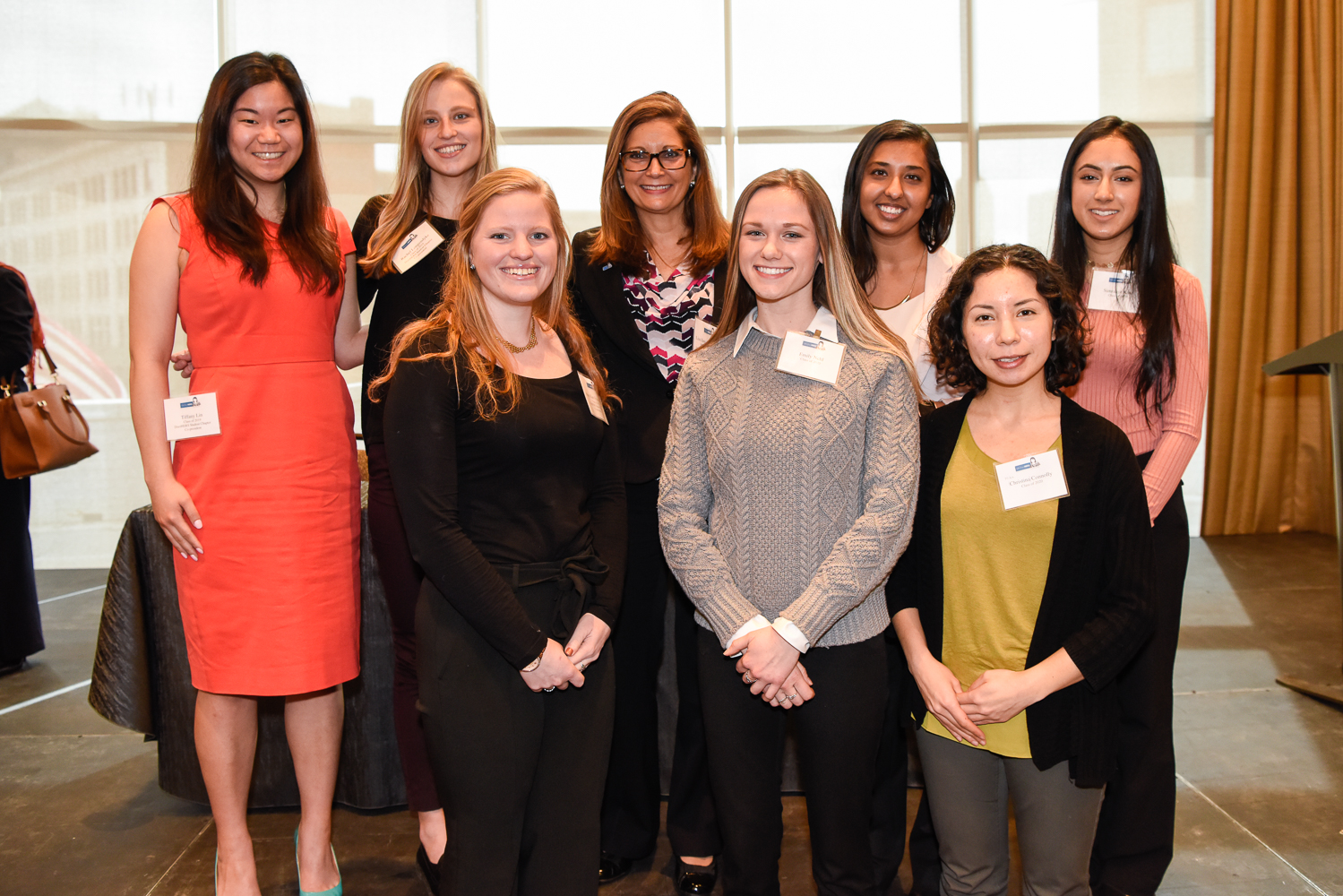

Work Learn Positions are part-time and compensation ranges from $15.77 to $32.66, depending on the role's responsibilities. Check the job listing and confirm with your employer when you are interviewing for a position. Employers request how many hours they anticipate they’ll need for each position when submitting a proposal to the program.

Not all positions will offer the maximum number of hours listed above. All Office or Library Worker positions are limited to 10 hours per week, a total of 180 hours for the session. Over Summer Term 1 and 2, you can work a maximum of 20 hours per week, a total of 300 hours. Winter session (September 1 to April 30)ĭuring Winter Term 1 and 2, you can work a maximum of 10 hours per week, a total of 300 hours.There are two sessions of the Work Learn program: UBC Farm Marketing and Education Assistant.UBC Library Shelving and Circulation Assistant.Health Promotion Undergraduate Research Assistant.Indigenous Engagement Climate Emergency Research.There are over 500 Work Learn positions available each term. “I was able to balance my position with my academics through strategically planning a work and study schedule.” NINA - YEAR 3, Forest Resources Management
#Student assistant ub professional#
“This Work Learn position has given me the opportunity to grow both my professional and interpersonal skills while igniting my passion for the subject matter and education.” You can learn from a mentor, expand your professional network, gain work experience and skills through a part-time UBC job while still taking classes.
Be sure you have affirmed awareness of UB’s rules and regulations by accessing the Need to Know section of MyUB.The Work Learn Program supports and subsidizes meaningful work experiences on campus, offering current UBC Vancouver students the opportunity to develop their professional skills in a professional work environment. Review the Rules, Regulations, & Policies. Prior to enrollment all students must affirm awareness of these rules and regulations. Rules of ConductĪll students are required to positively affirm their knowledge of UB’s Student Conduct Rules, University Standards, and Administrative Regulations prior to their inaugural semester at UB.Īsserting a lack of knowledge of university regulations will not be accepted as a basis for an exception to these regulations. Read UB email and use MyUB to access important university resources.īy accepting responsibility for their education, students enhance the development of their academic, social, and career goals.Īs a condition of enrollment, students are responsible for reviewing, understanding, and abiding by the university’s regulations, procedures, requirements, and deadlines as described in official publications, including the university’s undergraduate catalog, UB websites, and official university email communications. Consult with their advisor at least once a semester to select courses, review the accuracy of the Academic Advisement Report, check progress towards graduation, and discuss the suitability of other educational opportunities provided by the university. Be prepared with accurate information and relevant materials when contacting the advisor. Become knowledgeable about the relevant policies, procedures, and rules of the university and academic programs. Acquire the skills needed to assume final responsibility for course scheduling, program planning, and the successful completion of all graduation requirements. Be actively engaged in seeking the academic and career information needed to meet educational goals. Refer students to other resources when appropriate. Provide clear and accurate information. Help the student become an independent, self-confident decision maker, able to solve problems that arise in pursuit of their educational goals. The advisor will inform the student about the prerequisites for subsequent courses in the student’s program. Assist the student in planning a course of study and give advice about courses and adjustment of course loads. The advisor also seeks to understand each student’s particular concerns regarding academic progress. Assist the student with understanding the academic and administrative processes of the university and the nature of its academic programs. Advisors help students understand the relationships among the courses, programs, undergraduate research opportunities, and other academic experiences provided by the university. Discuss the educational and career objectives suited to the student’s demonstrated abilities and expressed interests.






 0 kommentar(er)
0 kommentar(er)
